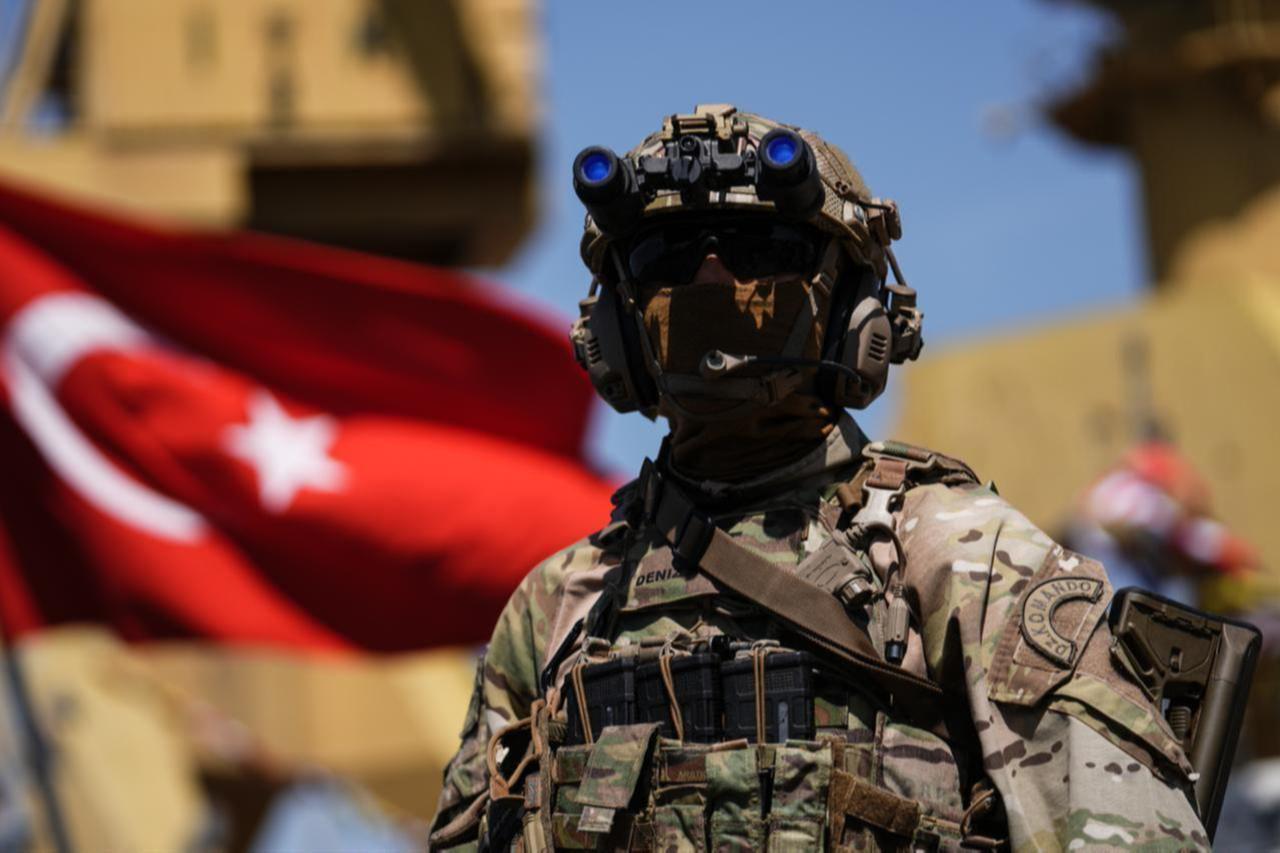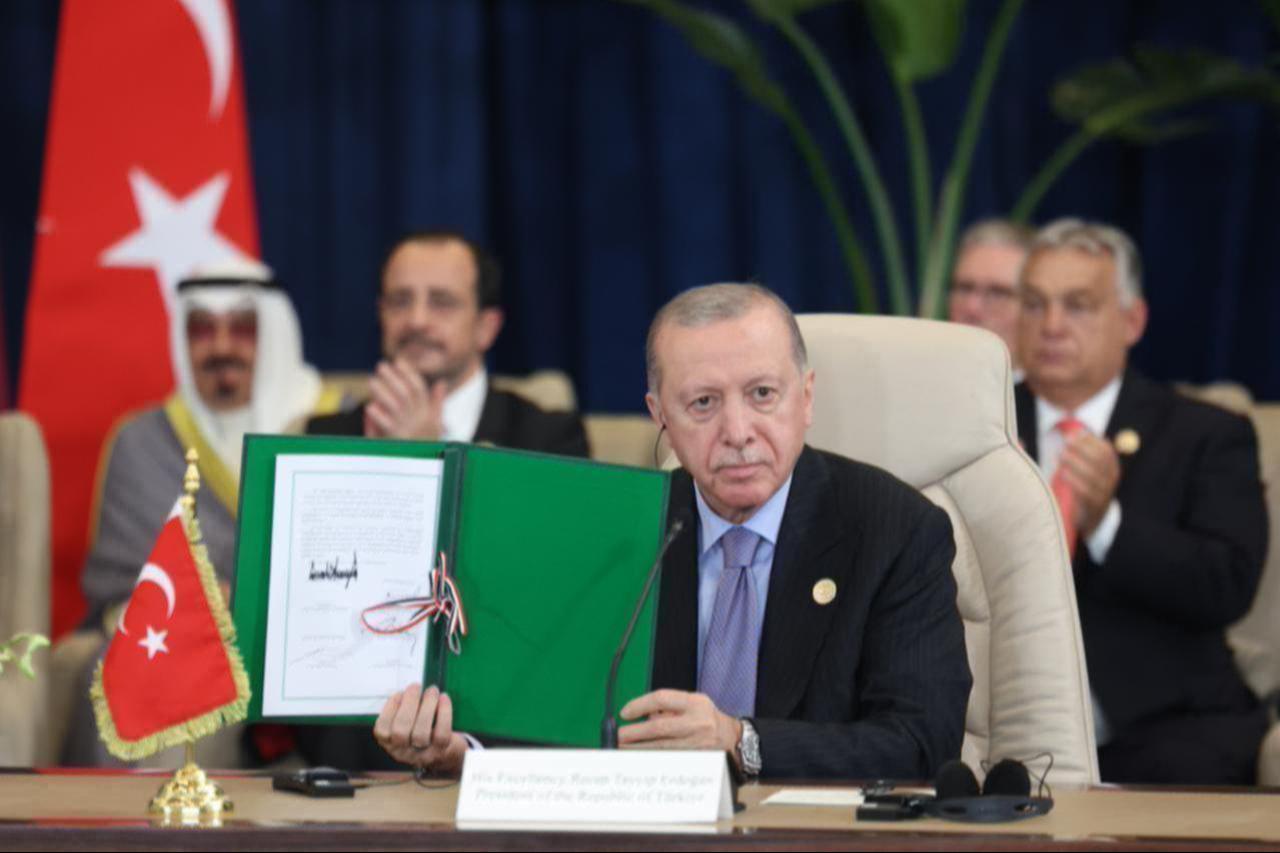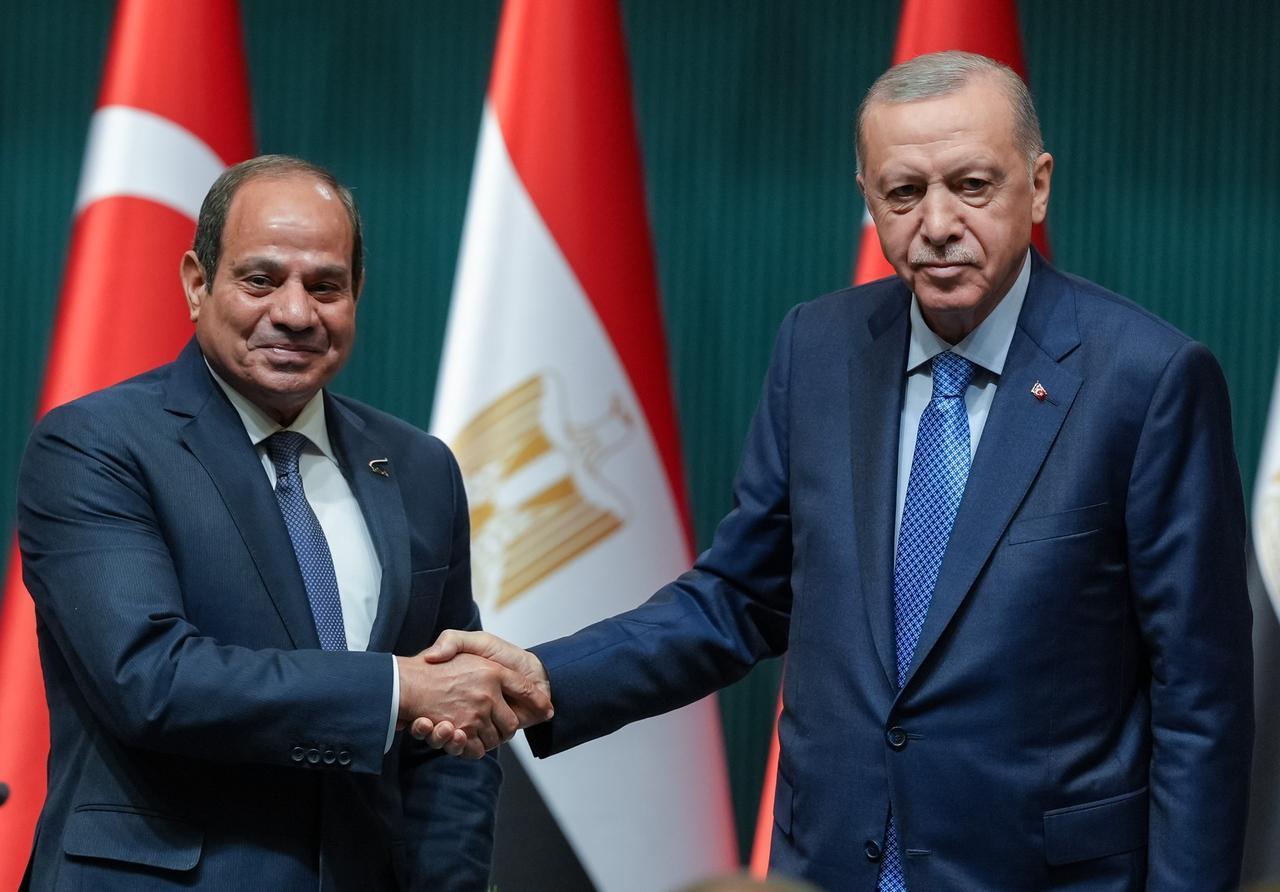
A recent report circulating in regional media has suggested that Egypt is engaged in intensive discussions with Washington to prevent Türkiye from taking part in a proposed International Stabilization Force expected to deploy in Gaza. The claim, attributed to Lebanese outlet Al-Akhbar, has been met with skepticism by some observers who argue that current diplomatic dynamics point in a different direction.

According to the report, Egypt has signaled reluctance toward a Turkish role in the planned stabilization mission, with sources cited as saying that Cairo would prefer to limit Ankara’s operational influence in Gaza in exchange for allowing Türkiye a broader role in reconstruction efforts.
The reported reasoning included concerns tied to security along Egypt’s border with Gaza and political considerations regarding influence in the region. The same sources suggested that Cairo was leveraging Israel’s own objections to a Turkish presence to reinforce its position. The report also alleged that Saudi Arabia and the United Arab Emirates were encouraging a larger Turkish role, which Egypt was purportedly attempting to counterbalance.
The report further linked the absence of Egypt’s Foreign Minister Badr Abdelatty from a recent Arab-Islamic ministerial meeting in Istanbul to what it described as an “Egyptian escalation toward Türkiye.”
In response to these claims, Yusuf Erim, an editor-at-large for TRT World, publicly rejected the narrative, stating that the report did not align with recent diplomatic developments. He noted that Egyptian and Turkish officials had both participated in discussions at the Doha Summit, where the idea of a collective regional defense arrangement was raised.
According to his comments, Cairo had reportedly shown openness to including Türkiye in such a framework, which he argued signaled improving relations rather than divergence. Erim added that ties between Egypt and Türkiye were currently at their strongest point in more than a decade and were continuing to improve.

Türkiye and Egypt have taken gradual steps toward normalization in recent years after a prolonged period of strained ties.
While both countries maintain distinct political strategies in the Middle East, efforts to rebuild communication channels have included diplomatic visits and discussions over regional security issues.